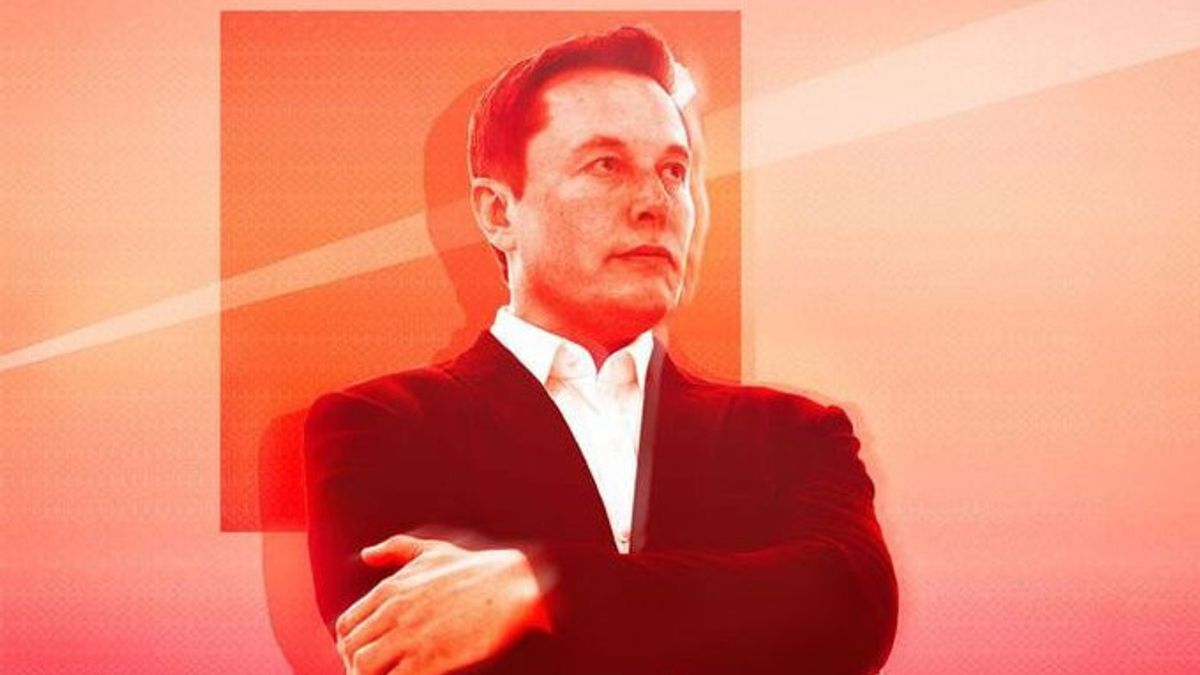JAKARTA - Elon Musk, CEO of Tesla and owner of social media platform X, made a surprise when he publicly insulted advertisers who left his platform because of antisemitis content. In an interview on Wednesday, November 29, Musk made a rude statement to advertisers by saying, "Go hot!
Several business communication analysts stated that they do not remember a similar case where an executive publicly threw harsh words at his customers. They considered that the job of a CEO is to carry out a business deal, not to damage relationships.
"This is an open attack on your customers. It is more of a violation than the language itself," said Andy Challenger, Senior Vice President of outplacement and executive coaching firm Challenger Gray & Christmas.
While Musk, Tesla, and X did not respond to requests for comment regarding this incident.
Business leaders' cases of harsh language sometimes appear in various company earnings calls. However, in Musk's case, the context is different because he was asked about the departure of advertisers from X after he provided support for antisemit posts.
Some academics who have studied the use of harsh words say that it can release stress, strengthen bonds, or create a sense of urgency. However, harsh words can also convey a lack of respect, leadership skills, or control, according to a 2017 study by authors, including Yehuda Baruch, a professor of business at the University of Southampton.
Much called Musk's harsh comments a negative type, showing a loss of patience and control. "This does not show stress release. A person at his level should not use harsh words to express his anger," said Baruch.
SEE ALSO:
Some analysts argue that a relaxed office culture improvement and work from home arrangements have prompted more use of harsh words in the workplace. However, Peter Cappelli, a professor of management at the Wharton School, University of Pennsylvania, said that rough phrases appeared more common 40 years ago and declined as more women entered the labor market.
Cappelli says Musk wants to see himself as a rock star, not as a business leader who needs to consider many constituents. Meanwhile, Musk's huge fortune means he could face financial losses on X.
"If (X) was a public company, he would have been fired for a long time, but he didn't care and was willing to lose much money. The business community couldn't discipline someone who didn't care about losing money," Cappell said.
The English, Chinese, Japanese, Arabic, and French versions are automatically generated by the AI. So there may still be inaccuracies in translating, please always see Indonesian as our main language. (system supported by DigitalSiber.id)
















